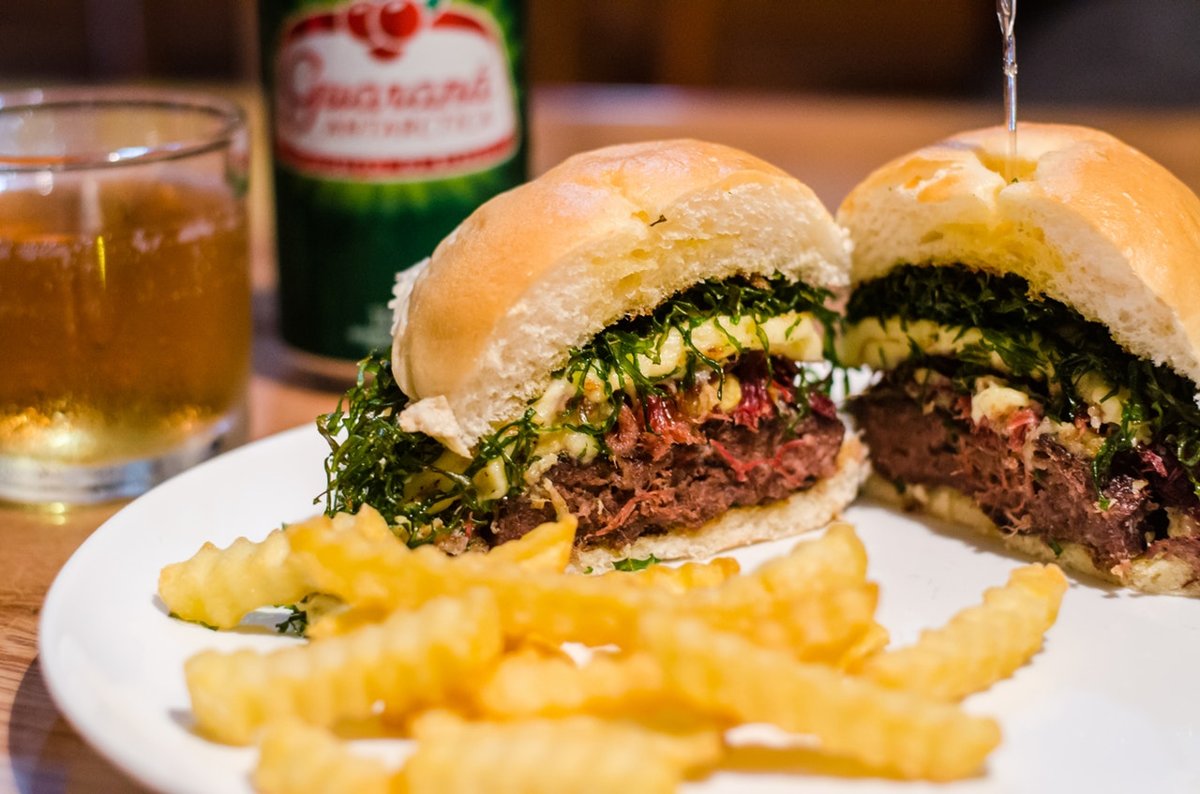FSSAI Registration Requirements for Fast Food Joint
At
a fast food joint, a customer gets to buy fast food – one that requires minimal
time in preparation of food and a nominal
amount of service at the tables. The
ingredients of the food are usually stored in the frozen, preheated or
precooked format and hence are served quickly in a packaged form that is easy
to eat at the joint or take-away. Since
it is a type of restaurant and deals in the manufacture,
storage, sale and distribution of food, the joint has to be licensed by the
Food Safety Standards and Authority of India (FSSAI).
The
FSSAI license is a
fourteen digit number that provides information about the food operator’s
license or registration. This number is divided into 5 parts – first digit
indicates that the FBO is a registered license holder; the next two digits
indicate the state code; the next two digits indicate the year of registration
with FSSAI; the next three digits denote the registering authority and last 6
digits stand for the FBO’s license/registration number.

As
a food manufacturer, a fast food joint has to either take
the FSSAI Central license or the state license depending on the
expected turnover of the business annually. In case the food joint is present
in multiple locations in India in different states, then the state license
needs to be procured from the respective state licensing authorities. In this case, the central license is also required
because of its multi-location presence.
As
per FSSAI regulations, the fast food joint needs to put up the license number
on a Food Safety Display Board in the premises of the joint. Along with the
license number, the board also requires to detail out 12 golden rules
prescribed by the FSS Act, 2006 for
restaurants that pertain to observing
hygienic practices within the premises of the joint.
Registering
for the license for the first time can be done online from FSSAI website direct
by filling out Form B. The supporting documents that are required to be
submitted are – Aadhaar and PAN card details of the owner; passport size
photograph of the owners; utility bills as proof of ownership of the premise or
lease agreement in case of rented property. The license fee also needs to be
deposited along with the form and documents. Once the validity of the license
nears expiry, the owner needs to renew the license.
Along
with the establishment will also require other licenses
and permissions also like Trade License
from the Municipal authorities of the area, registration under shop and establishment Act etc.
